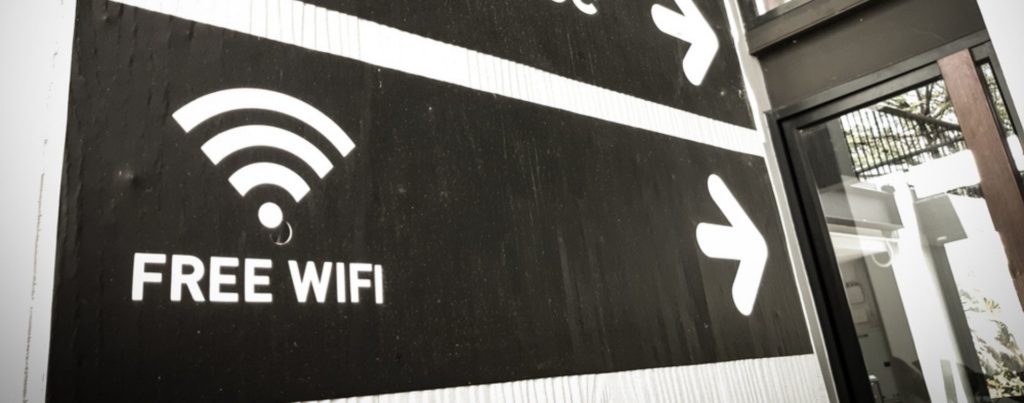Remote work is quickly becoming the norm for many businesses across the globe. Whether it be a strategic decision to cut costs on office space or due to the global COVID-19 pandemic, more businesses are opting to break the ties of cubicle life and moving to a remote strategy.
With this shift comes a new set of business issues that must be addressed: cybersecurity concerns. Opening up your business to the idea of remote work also opens up the possibility of your valuable business data being accessed by cybersecurity criminals.
There are 5 major points of concern that should be considered when moving your workforce out of the office and out into the world. Keep reading to learn about these areas of concern and how you can combat them to keep your employees, and your business, safe.
BYOD
The shift in remote work means a rise in the number of unsecured, personal devices connecting to your network from outside of the office. Employees are using the same laptops, mobile devices, and tablets for work and personal use, opening up the possibility for malware and viruses to enter your private network.
In a perfect world, employees would only use company-owned devices to access company-owned data, but not all businesses have that luxury. To help lessen the risk of unsecured devices bringing malware into your business, a VPN tunnel should be established. Cisco AnyConnect is a secure VPN tool that can be set up with ease, allowing your remote staff to connect to internal business systems without any threat of compromising security.

Connecting Over Public Internet
When remote staff connect to business systems over their home WiFi or public internet it can create a breeding ground for cybersecurity attacks. Phishers and cyber-criminals target these types of connections, looking for ways to infiltrate a business network through these weakened connections.
Through the use of a VPN like Cisco AnyConnect, IT staff can help mitigate the risk of remote workers using an unsecured connection to access business data. If a VPN is not in place, providing employees with a secure hotspot for internet access is another alternative.
Increased Risk of Phishing Scams
Because remote staff no longer have the ability to communicate with their coworkers in person, the need for alternative methods of communication increases significantly. The use of email becomes an increasingly important method of communication for remote staff, opening up the likelihood of phishing scams and the spread of malware.
Cyber-criminals are using highly intelligent phishing campaigns to trick employees into clicking URLs and responding to emails laced with harmful viruses. The use of an email security tool like Cisco Email Security allows businesses to block potentially harmful emails with data loss prevention policies and enhanced filtering.

Lack of Authentication
Although staff are working remotely, the need for access to internal business systems does not change. This means that remote staff are accessing critical business applications over a home or public WiFi connection, leaving a potential path for cybersecurity threats to seep in. Businesses need a way to verify who is accessing their private information and where it’s being accessed from.
One way to discern where access attempts are coming from, and who in particular is requesting access, is through the use of a multi-factor authentication (MFA) platform. With Cisco Duo MFA, employees are required to verify their identity through a multi-step process. IT staff can set up pre-screened security questions, enable push notifications to a user’s mobile device, or request that employees enter an automated code to verify their identity, lessening the risk of stolen passwords as a way for hackers to access your data.
Human Error
Of course, there will be times when employees simply forget to connect through the VPN before accessing business tools, like email. After all, they’re only human! While they may understand that cybersecurity is an important part of remote work, they may not realize the true impact.
The Cisco Umbrella Roaming Client is an agent that can be installed on any device, extending a layer of protection even when employees are disconnected from the VPN. The client blocks malicious domains and IP addresses through the use of https://www.cisco.com/c/en/us/products/security/umbrella/umbrella-roaming.htmlNS resolution, enforcing protection at the DNS level.
Are Your Remote Staff Protected?
Enabling your workforce with remote capabilities doesn’t have to be a nightmare. Our team at Custom Computer Specialists understands the shortcomings of remote infrastructure and what to do to protect your critical business assets from cyber-criminals.
We value the relationships we build with our clients and we pride ourselves on the strength and longevity of those partnerships.
Contact us today to learn more about how Custom Computer Specialists can help you tighten up your remote infrastructure.


Recent Comments